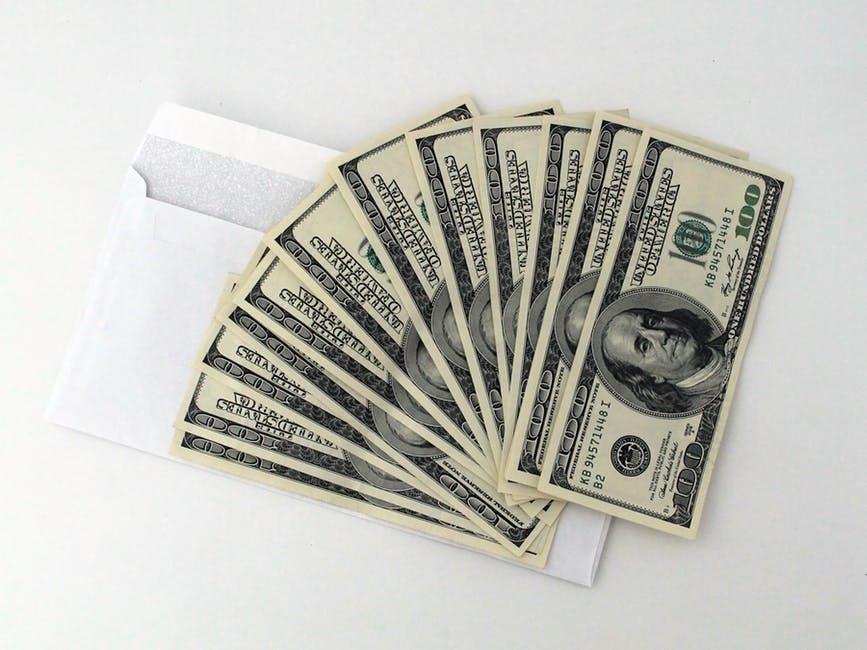Feeling like you overdid it this year? Gifts, food, and plane tickets may be the ingredients of the perfect holiday, but they can add up to create a recipe for disaster for your finances. If you’re ready to make some changes, check in with this quick guide to recovering from the holidays. It outlines what led you to be in this position in the first place, plus a handful of solutions to help you get your finances back on track in the new year.

The situation: you’re spending too much
In your search for the perfect holiday, you don’t think twice about hitting the mall every day, paying for street parking, and treating yourself to a peppermint mocha along the way. Don’t forget your trips to the grocery store, where you picked up forgotten ingredients for cookies and pies.
Oh — and then you can’t overlook paying at the pumps to fill up your gas tank after all this driving, opting for express shipping on last-minute parcels, and dropping the last of your change into a charity’s collection box.
Does this sound familiar? If the answer is yes, then you’ve gotten into a habit of spending without thinking. This can be a dangerous habit to have, as it can lead you to overspend and overdraw until there’s nothing but a big fat zero blinking in your online bank account.
The solutions: spending less and getting help
The new year is an important time to eliminate unnecessary spending. Unfortunately, the winter is a season full of hidden costs. From a surge in heating bills to the switch over to winter tires, the bills can add up, and it’s your name on the hook.
When faced with an urgent bill you weren’t expecting, an emergency fund is your best friend. This collection of cash is there to help cover emergencies, like a sudden trip to the clinic or a routine tune-up that reveals a massive problem with your car.
Building your emergency fund relies on your ability to cut expenses. The fact that the holidays are over will work in your favor, as you shouldn’t need to visit the mall or buy presents for a while. You can avoid all those temptations that come with shopping — like a fancy latte, paid parking, expedited shipping, or even splurges on gifts for yourself.
You can use your budget to split your spending into the ‘needs’ and the ‘wants’. While things like housing costs and debt repayments are your needs, fun things like nights out, takeout, or a new phone are your wants. By limiting how much you spend on your wants, you can save more cash for your emergency fund.
If you need more of a boost to your budget than what these expenses can provide, look to your home for extra savings. You can save money by reducing your bills. Energy-friendly habits like adjusting your thermostat or cleaning your HVAC system may help you reduce your energy consumption. Commit to these new habits in the new year, and you may see your utility bills lower each month.
But what do you do in the meantime, when you face an emergency after you’ve hollowed out your emergency fund by shopping? You may be able to find some help in the following:
- Online loans: These cash advances are designed to help people facing non-recurring financial emergencies — like a trip to the mechanic that costs more than expected. These short term loans are unsecured, meaning you won’t have to put up collateral before you’re approved. This detail is one of the reasons why online loans are more convenient than traditional options.
- Friends and family: If your friends and family aren’t facing similar issues with their post-holiday finances, then they may be in a position to help you cover your unexpected bills. Although some people believe a loan between loved ones can make things awkward, you can avoid the difficulties by treating this loan as if it were coming from a payday loans direct lender. Set up a payment schedule with clear limits to how much you can borrow for how long. This may help you side-step the issue of your friends or family resenting you for borrowing their money.
- Bill deferment: Although it can feel like the end of the world when you’re facing too many bills with not enough money, it’s not an entirely unique or extraordinary position to be in. Plenty of people struggle to pay their bills every day, and some companies are sympathetic. You may be able to help your case by talking to your creditors. Whether it’s your local mechanic, a furnace repair team, or your credit card companies, being honest about the situation may help you. These companies may offer payment plans or other programs to help you pay off your debts in a way that’s more manageable for your situation.
The holidays can be unkind to your budget, but the effects aren’t permanent. You can treat a financial holiday hangover by improving your money management skills. By eliminating unnecessary spending, increasing your savings, and knowing where to find help, you’ll always know the best course of action for your next financial challenge. Whether that’s paying off the latest holiday or saving for the next, you can meet your financial goals with hard work and dedication.


Comments are closed.